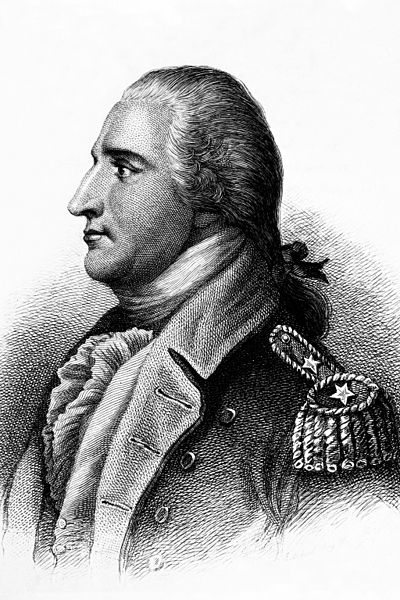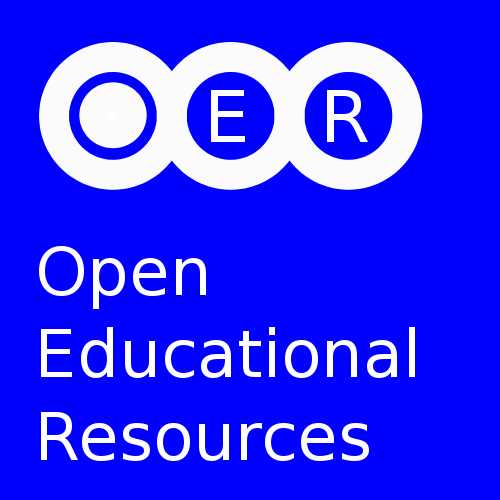Even though I don't always agree with
Ira Socol, I've grown to appreciate his presence as an honest and straightforward thinker in my network. He threw this nugget my way the other day.
My response: Of course, but with balance. The truth is that when community is embraced without the grounding qualities of science, then we're often left with the consequences of
groupthink. One such consequence rears its head when when "group members try to minimize conflict and reach a consensus decision without critical evaluation of alternative ideas or viewpoints."
A less-than-positive example of this groupthink phenomenon can be found in the comments of
this post. Sadly, many members of our community have no idea what it really takes to write a dissertation or to complete a Ph.D. The pedagogical problem, nevertheless, arises when knowledgeable members of the community, for whatever reason, fail to steer the community in the right direction. As a result of this in-community learning, pockets of the community persevere in ignorance, while a hierarchy of true authority eludes existence. Just as the idea of
social media mobs can be leveraged for arguably
positive social benefits, such mobs can also irrationally
spin out of
control. Therefore, more than mere community is needed for an effective schooling system.
Ultimately, while leading from both the narrowed lens of science and the wide lens of community might be difficult, a wide range of public schools have been transitioning toward the science-plus-community model for many years (
my own District, in its limited existence, included). When we're tasked with serving an extremely diverse public school community - as each of us in public education is - we often have no choice but to accomodate (to the best of our abilities) the needs and desires of our patrons, however
complex they may be. Complex and diverse communities prize complex and diverse outcomes.
When I consider the current reform movement in education:
- I agree that educators should be leading, instead of being led by politicians and ignorant philanthropists. The aspirations of many currently leading the charge may be well-intentioned, but merely attending school as a child has never meant that you have any idea about what it takes to run a school.
- I'm constantly reminded that balance is still key. While arguments that fill the reform space may appear polarized to the point of paralysis, not every side holds every answer. We must be willing to give and take - for kids first, then adults.
- I do feel that standardized students and silenced teachers fly in the face of American ideals. Ignoring the effects of out-of-school factors and soldiering on with cut-throat academic standardization can never ensure the kinds of differentiated learning environments and life-saving interventions that most of our students will need. Again, balance is still key.
- Honestly, I think some teachers have every right to be upset and am saddened that teachers have somehow become the enemy. "It’s hard to think of another field in which experience is considered a liability and those who know the least about the nuts and bolts of an enterprise are embraced as experts."
- I agree that parents should have a strong voice in the direction of future reform efforts, but only when that voice has been adequately informed of the realities occurring inside our schools.
- I think we'd all do well to consider carefully the advice of Paul Thomas when he states:
Once again, the caution of evidence - advocacy is the enemy of transparency and truth.
Like medicine, then, education and education reform will continue to fail if placed inside the corrosive dynamics of market forces. Instead, the reform of education must include the expertise of educators who are not bound to advocating for customers, but encouraged, rewarded and praised for offering the public the transparent truth about what faces us and what outcomes are the result of any and every endeavor to provide children the opportunity to learn as a member of a free and empowered people.
Education "miracles" do not exist and market forces are neither perfect nor universal silver bullets for any problem - these are conclusions made when we are free of the limitations of advocacy and dedicated to the truth, even when it challenges our beliefs.
Through all of this talk of reform, nevertheless - and barring
severe economic or
environmental catastrophe - I remain unconvinced that significant and rapid change can take place in public schools across the country under the current climate. Are we really talking about an educator revolt, and if so, then a revolt toward what? Public school educators are not yet unified in their beliefs about reform and remain ultimately powerless in their caring, but selflessly-focused state.
Yes, through all of this, I'm reminded that one of the primary reasons teachers and public schools endure and have endured the barrage of insults and harsh conditions is
because of our caring natures. As individuals and professionals, we remain willing to adapt to the conditions we're dealt; not because we think it's right, but because of our deep-rooted convictions that molding the future by creating a responsible and capable citizenry is
essential to maintaining a civilized and progressing society. As individuals and as professionals, we know that
teaching is the
most important profession! We've known it all of our lives, and are merely reminded when doctors and astronauts and presidents and literary giants and even YOU return to our doors to thank us for efforts we put forth.
If positive reform is to take place in our nation's public schools, nevertheless, then many things must happen first.
To begin with, transparency and public relations must become priority one. If public trust really has been lost, then it must be the goal of every teacher, administrator, secretary, and lunch worker to regain that trust through openness and through honest dialogue. To that end, rigor, relevance, and relationships must extend beyond the walls of our schools and into the lives of parents, business leaders, community members, and other voters. As rigor is employed in building lasting relationships with community stakeholders, then the programs and focus of public schools can - and will - be relevant to all. Finally, in becoming a truly public education system, we need not hide the problems that abound within our walls. Instead, I believe that by helping others see the competence and tireless efforts put forth by our forces, we'll all gain a new appreciation for just how far we've come.
Maybe then, the right people will begin to stick up for
every child and the profession that matters most.
---
Thanks for the push, Ira. Naturally, I welcome your feedback.







































